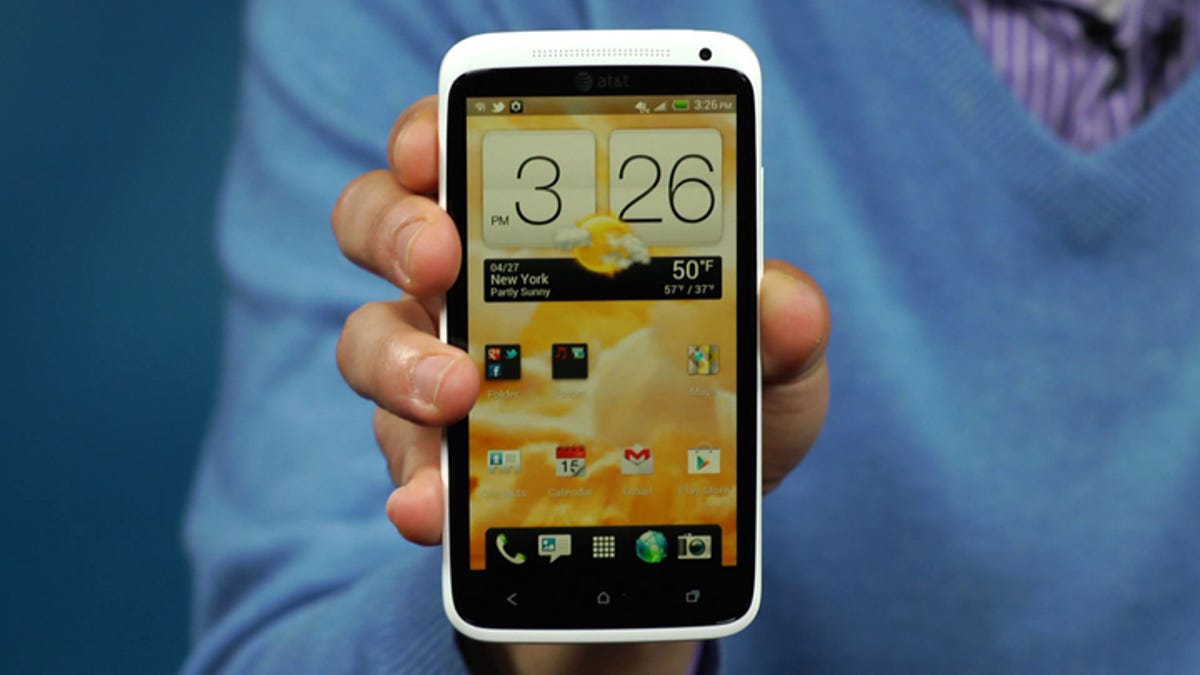So the HTC One X doesn't have quad-core. So what?
Many wonder if HTC made a mistake taking its landmark phone dual-core in the U.S. and quad-core elsewhere. Not necessarily.

Today, CNET and other U.S. mobile reviewers got a chance to gush over AT&T's HTC One X superphone powerhouse. It boasts a stunning 4.7-inch display, Android 4.0 Ice Cream Sandwich, and 4G LTE muscle. But the spec that's tripping up many is the processor: a dual-core Qualcomm chip in the U.S. instead of a quad-core Nvidia chip abroad.
On the surface of things, the change within seems like a step down for poor U.S. customers. After all, four cores (and Nvidia's fifth, "power-saving core") are better than two, right? Not necessarily.
The U.S. version for AT&T and for Sprint's forthcoming HTC Evo 4G LTE (the One X by another name) both use Qualcomm's Snapdragon S4 processor, a dual-core chip that's a strong contender in its own right.
In fact, the notion that four cores are automatically faster than two is one of .
Far more than just the core count goes into the overall performance, from the processing architecture upon which the cores are built, to the software that ties it all together.
On a side note, it's interesting that HTC and Nvidia are allies on the global version of the One X. HTC has historically partnered with Qualcomm on its handsets, so this departure spells nothing but win for Nvidia, even if its chip isn't featured in the U.S. If you're itching to see Tegra 3 on an American model, don't worry. I'm certain that phone manufacturers will reward your patience soon enough as the core war heats up.
One thing we can tell you, though, is that the HTC One X is plenty fast. Just how fast? Check out Brian Bennett's full HTC One X review for the lowdown.

